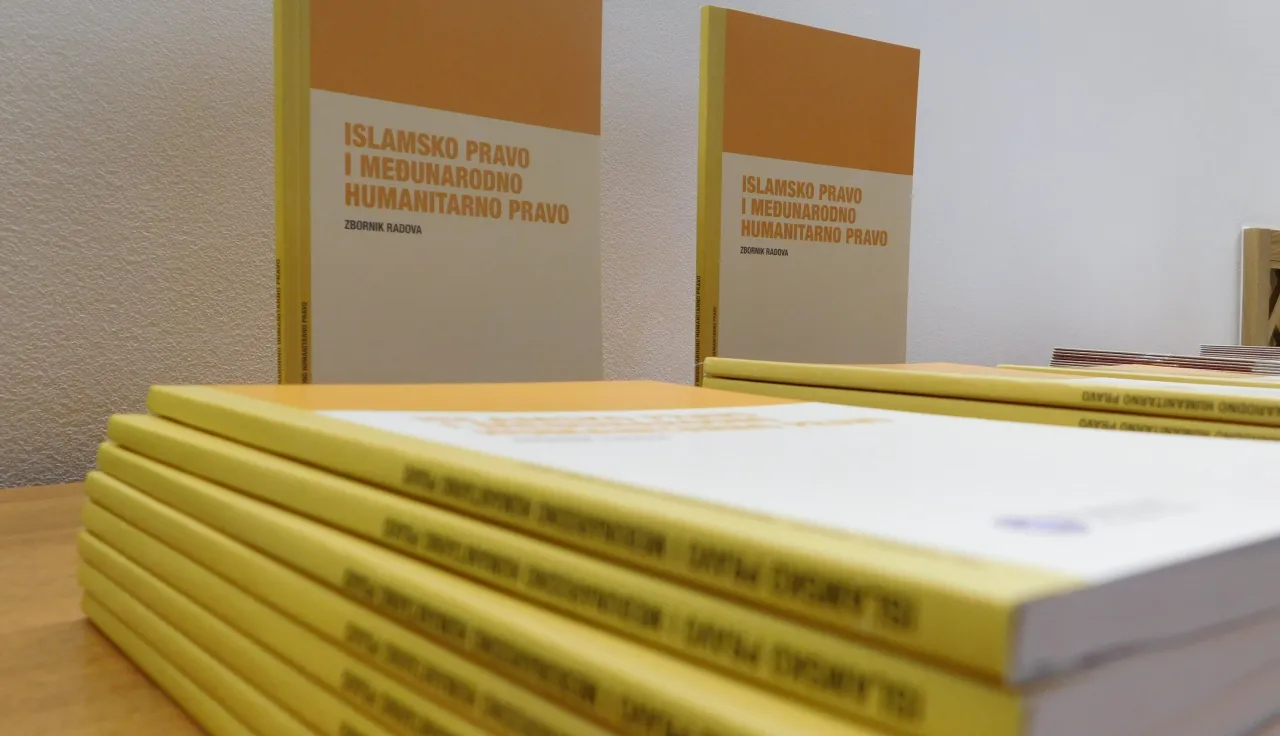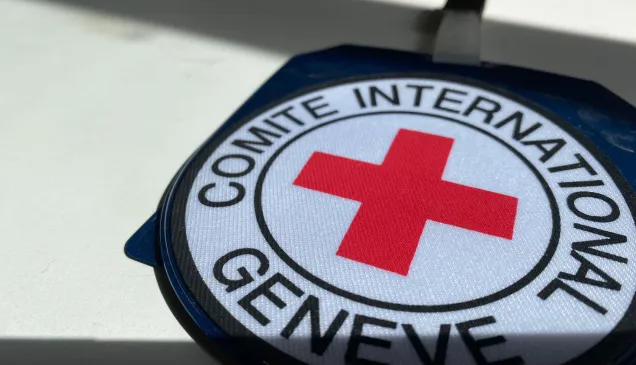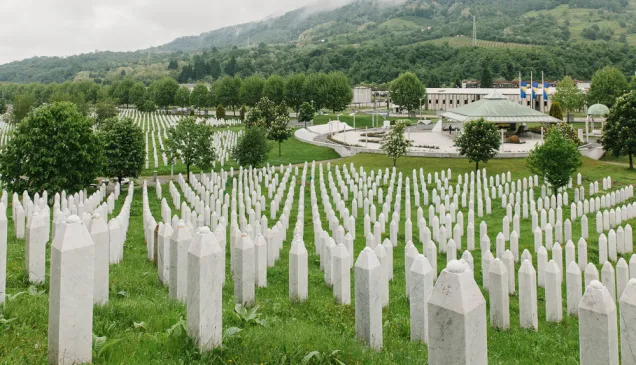Islamic Law and International Humanitarian Law: Common principles of the two legal systems

Even wars have limits. They are defined by International Humanitarian Law which obliges protection of all people not taking part in the conflict, as well as limiting the means and methods of warfare. The rules and laws of war undoubtedly have deeper historical roots. They are derived from elementary human values that are an integral part of all the world's philosophies and religions.
Islamic law guarantees victims of armed conflict the right to protection, respect, and dignified humane treatment. It also calls for the protection of civilian facilities and property. Islamic law limits the methods and means of warfare to the limits of military necessity.
All this is in full compliance with the provisions of International Humanitarian Law and the Geneva Conventions. Thus, the similarities between IHL and Islamic law are not coincidental, but the evidence that there are universal values and an important part of most religious and other worldviews.

Promotion of the book "Islamic Law and IHL" at the Faculty of Islamic Studies in Sarajevo - February 2020
Similarities and differences between IHL and Islamic Law are the main topics of the publication titled "Islamic Law and International Humanitarian Law." The book is a joint product of the longstanding cooperation between the International Committee of the Red Cross in Bosnia and Herzegovina and the Faculty of Islamic Studies at the University of Sarajevo.
Academic papers published in the book arose from jointly organized events from the past years, primarily from the scientific conference held in September 2018 in Sarajevo. In their papers, the authors who spent much of their academic work dealing with International Humanitarian Law or Islamic Law, answer questions that have emerged as crucial in the discussions.

Conference and certified course on IHL and Islam for imams and military imams, Sarajevo 2018
The promotion of the Bosnian version of the book was organized in February 2020 at the Faculty of Islamic Science in Sarajevo.
On that occasion, the Dean of the Faculty of Islamic Studies, Dr. Zuhdija Hasanović, emphasized the importance of discussion on the war and religion in Bosnia-Herzegovina, as religious feelings were often severely abused: "True religion transcends misunderstandings and all cultural and social prejudices of the limited human mind. Moreover, it seeks to establish lasting good relations among people by strengthening feelings of equality, equality, brotherhood, and unity in diversity. True faith in God is an effort to love His creatures, not committing crimes against them", said Hasanović.
The ICRC maintains a regular dialogue with Islamic intellectuals and academics around the world.
"Since 2016, we have been intensifying this dialogue in Bosnia-Herzegovina, considering the historical significance and reputation the Islamic Community and the Faculty of Islamic Studies in Sarajevo are enjoying even beyond this country and region. Our fruitful discussions have not been only of an abstract nature, but we also deal with very concrete humanitarian topics such as missing persons. We are convinced that the collection of corresponding articles can contribute to further promoting universal humanitarian principles but also improving humanitarian action worldwide", said Elmir Camić, head of ICRC's delegation in Sarajevo.
Recently, the publication has been translated and published also in English language. Both versions are available in digital format through the links provided below.



